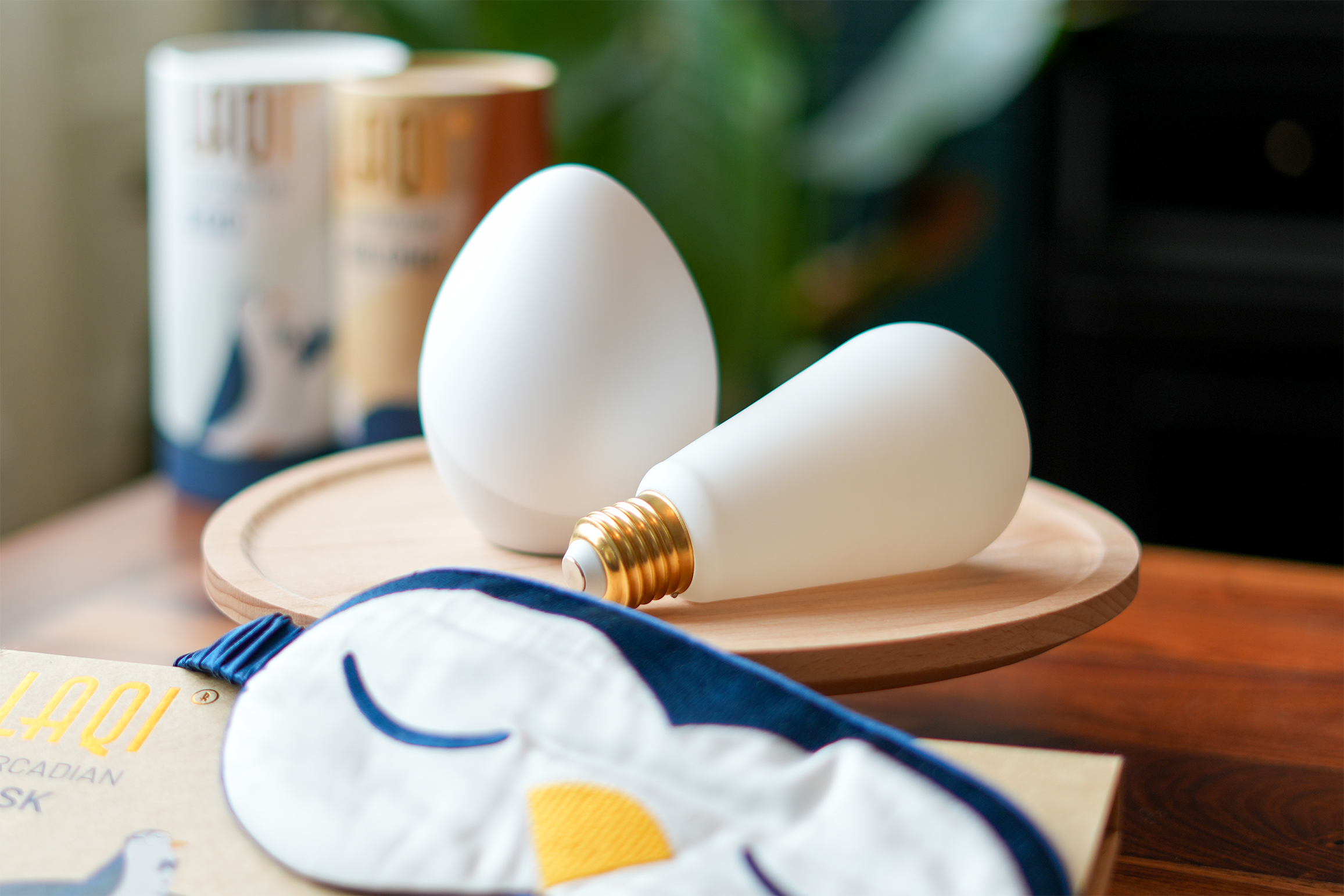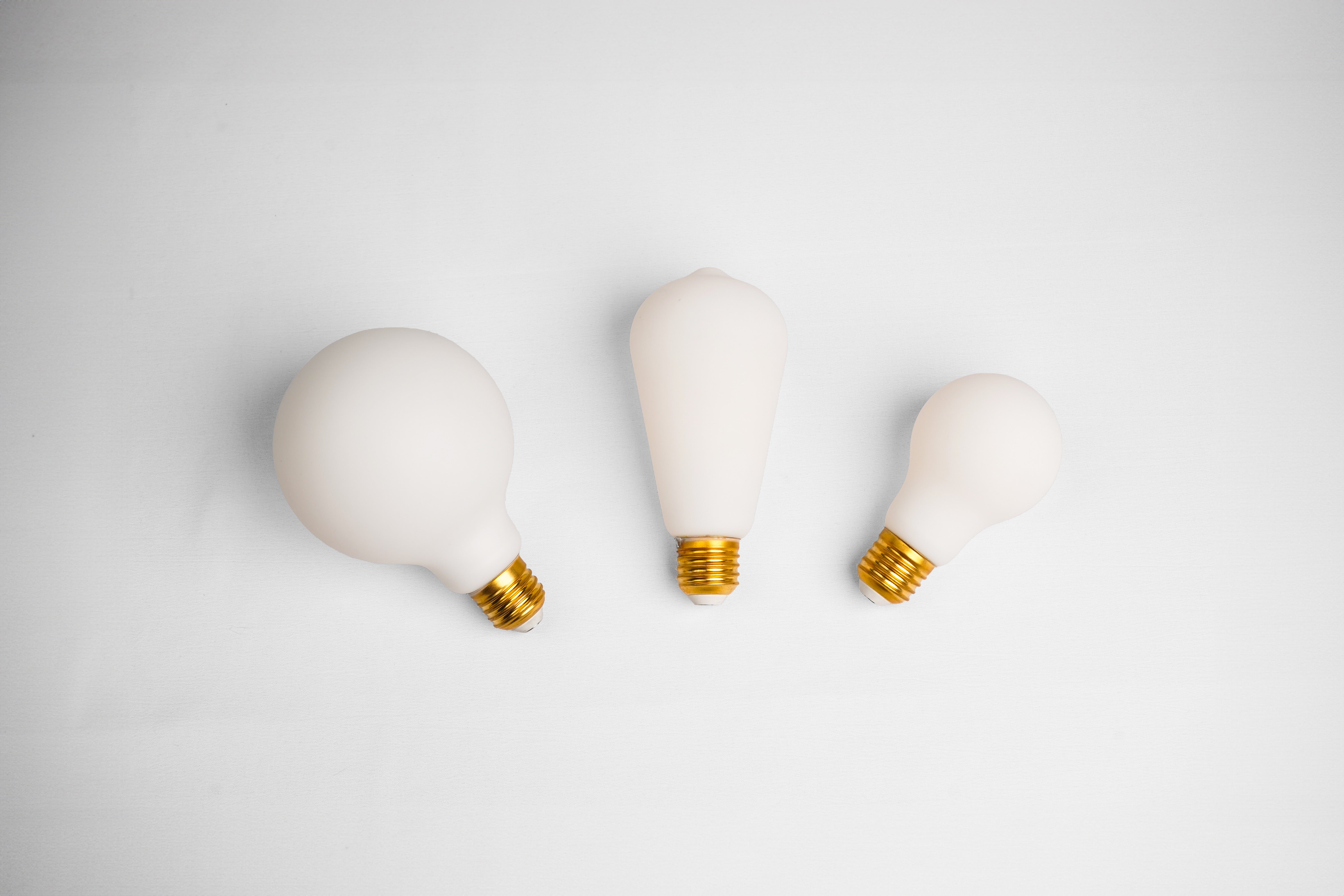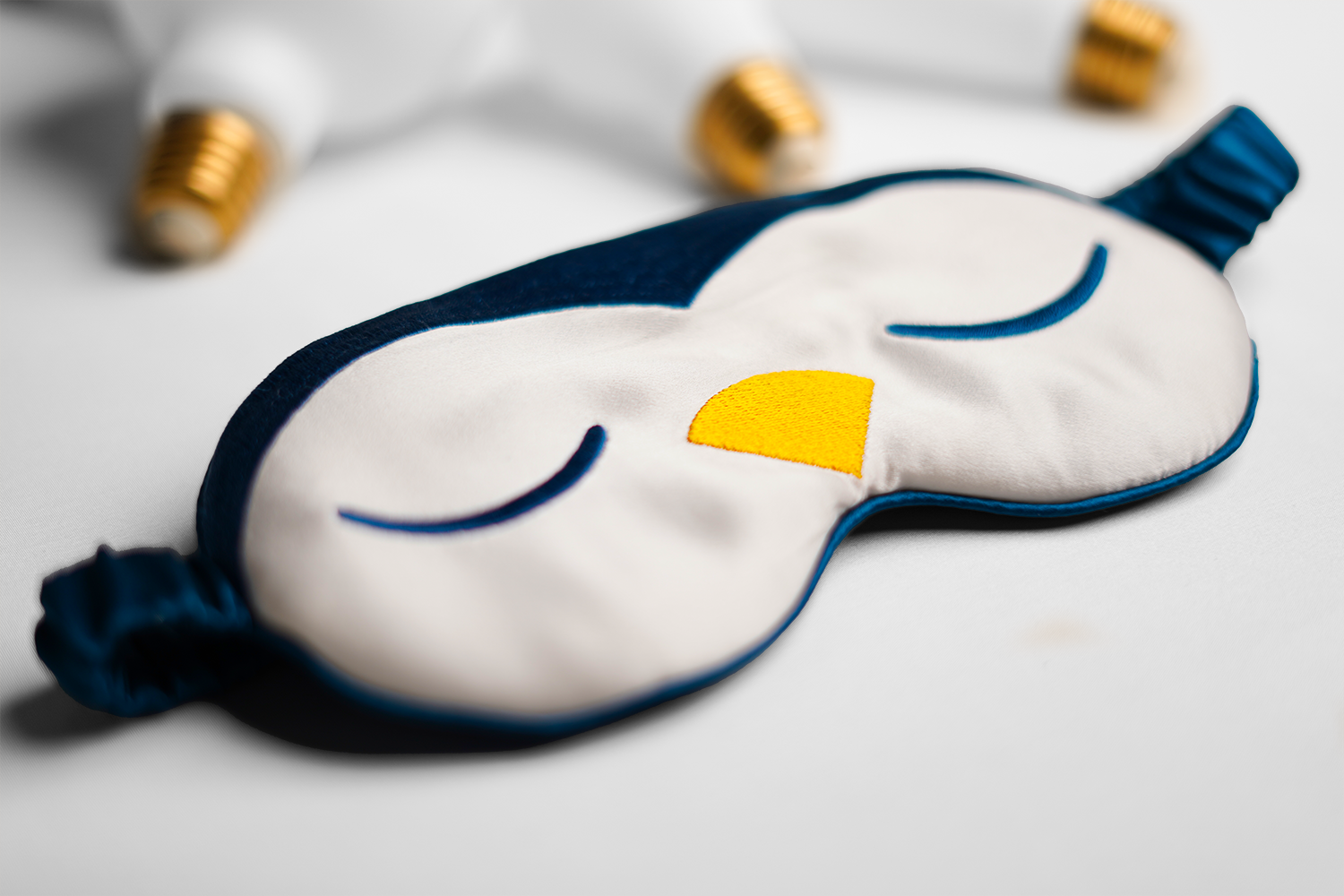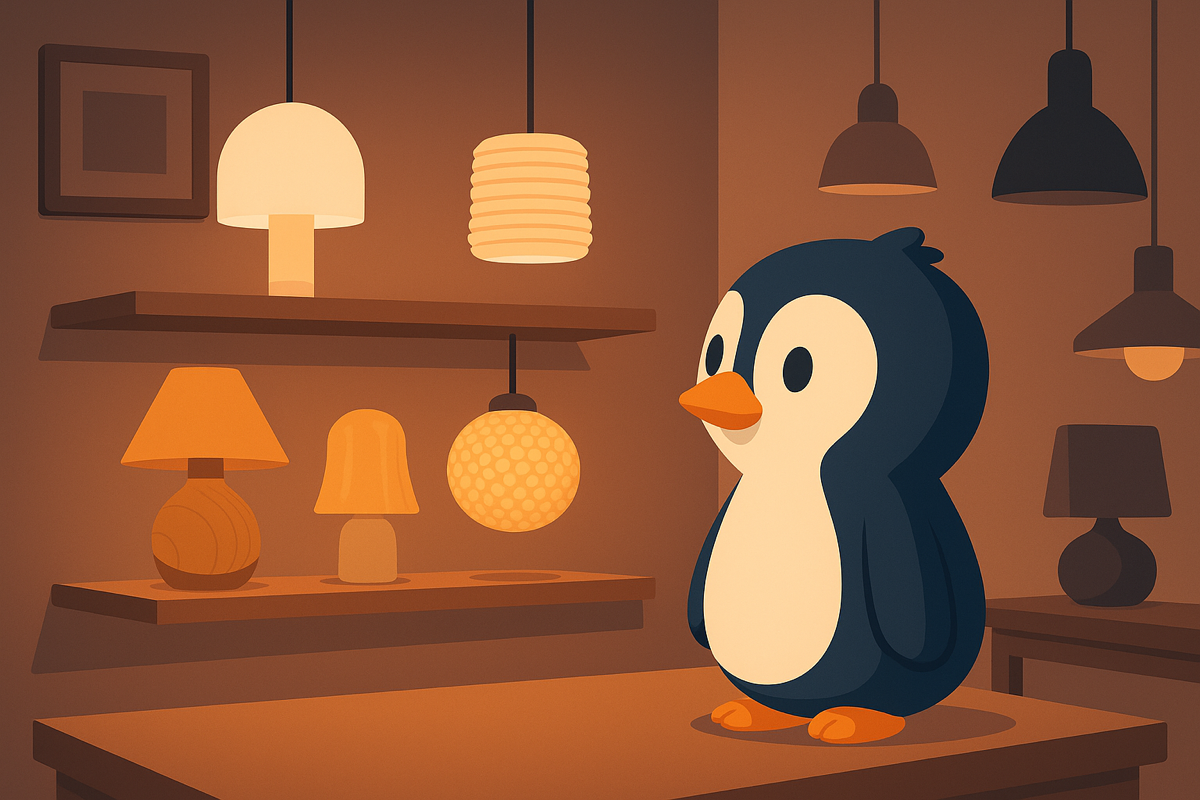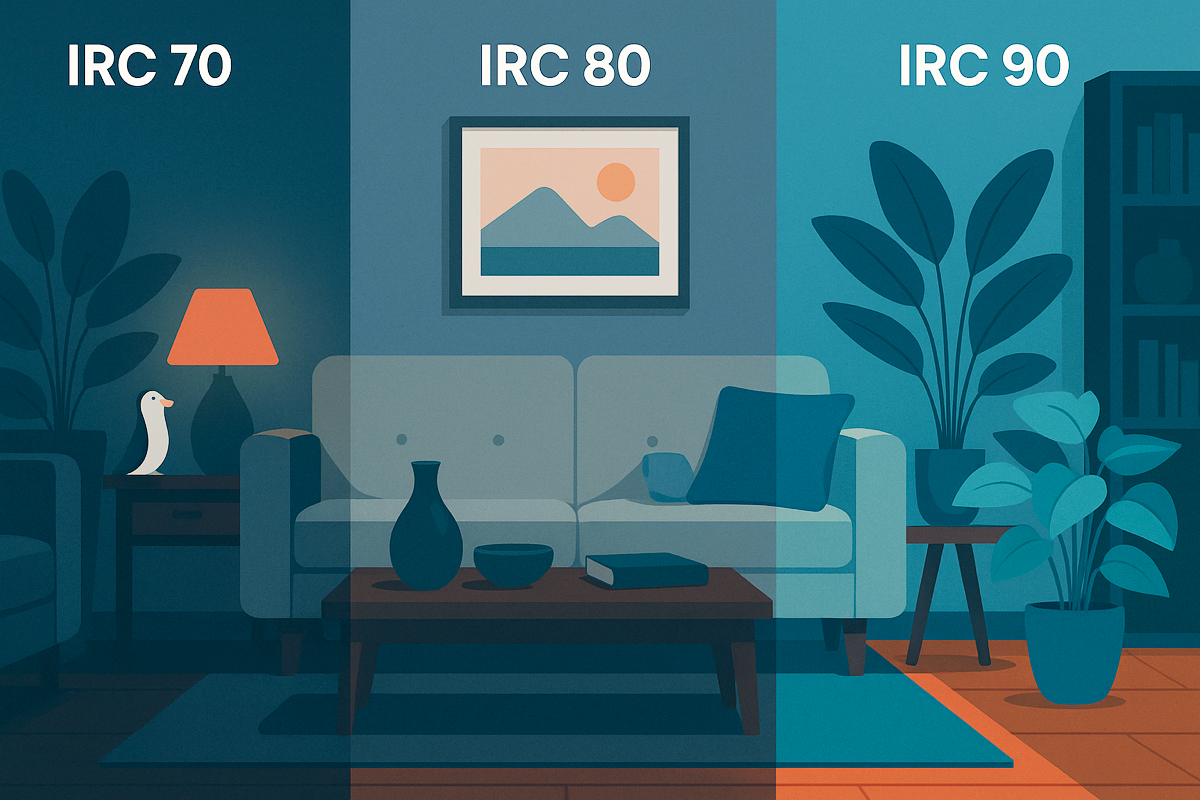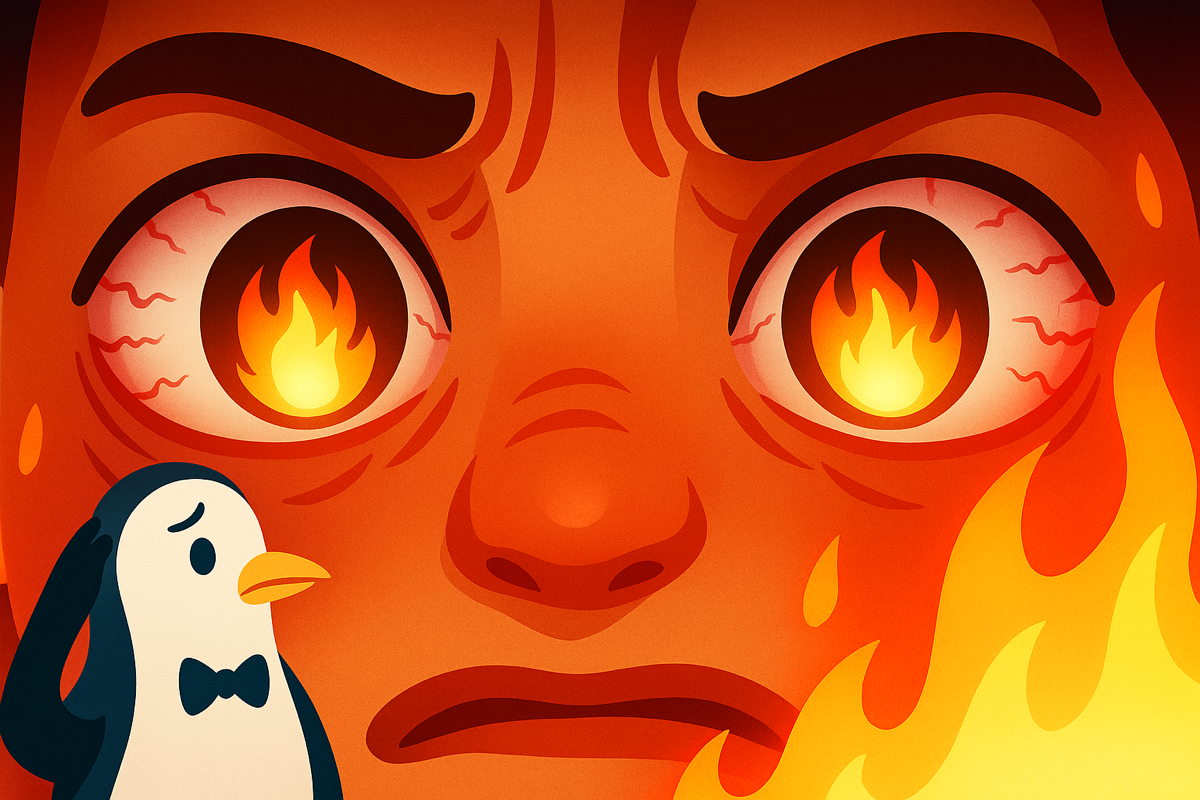Reading time: 8 min.
In short:
Our mood is directly linked to light. Too dim? Fatigue sets in. Too cold? Anxiety rises. Too erratic? Morale plummets. This article explores how to adapt light to improve your well-being, your energy, and even prevent seasonal depression.
📌 Summary
Light and brain: a hormonal duo
Our brain doesn't see light. It feels it. As soon as our eyes capture bright light, photosensitive cells signal to the brain that it's daytime. The result: serotonin rises, cortisol adjusts, and melatonin plummets.
This hormonal cascade directly affects our energy, concentration, and mood. Less light? The body thinks it needs to slow down. Too much cold light in the evening? The brain races, thinking it's still midday. This leads to fatigue, nervousness, and even sleep disturbances.
Why Your Mood Depends on Your Light Bulbs
Studies have shown that poor lighting can worsen irritability, depression, and stress. Conversely, the right lighting improves attention, mood, and sleep regulation.
The problem? Our traditional light bulbs are often too dim in the evening and not stimulating enough in the morning. They don't follow our biological rhythm. And because our brain is sensitive to them, our entire emotional balance can falter.
Can light heal?
Yes. That's the whole principle of light therapy, used to treat seasonal affective disorder (SAD). In winter, natural light decreases, which lowers serotonin. The result: fatigue, low mood, and loss of motivation.
Specific lamps (10,000 lux, cold light) can simulate a sunrise and reactivate the correct brain signals. And even without a clinical disorder, better calibrated light in the morning can be enough to improve energy.
How to regain balance?
No need to become an expert in neuroscience. All you need to do is adapt your lighting environment to your biological rhythm:
- Favor cold and powerful lights in the morning (6000 K+).
- Opt for warm, dim lights in the evening (less than 3000 K).
Laqi circadian bulbs do this work for you: they change their color temperature and intensity in real time according to the time of day, natural light and the season.
💡 Discover the Laqi Starter Kits
📦 See the complete product unboxing
💬 FAQ
Does cold light make me more stressed?
Yes, especially in the evening. It blocks melatonin and excites the nervous system. It's helpful in the morning, but harmful in the evening.
Can LEDs be adapted to mood?
Yes, if they are dimmable and change color temperature. This is the case with circadian bulbs like Laqi.
What if I work in a windowless place?
Use a strong lamp in the morning (500 lux or more), then dim the light at the end of the day. Ideally, a light source that adjusts automatically is the best option.
Change the light, change the day.
Our brain is a light sponge. Adapt your light bulbs to your physiological needs, and you'll see the difference... in your mood and in your sleep.
